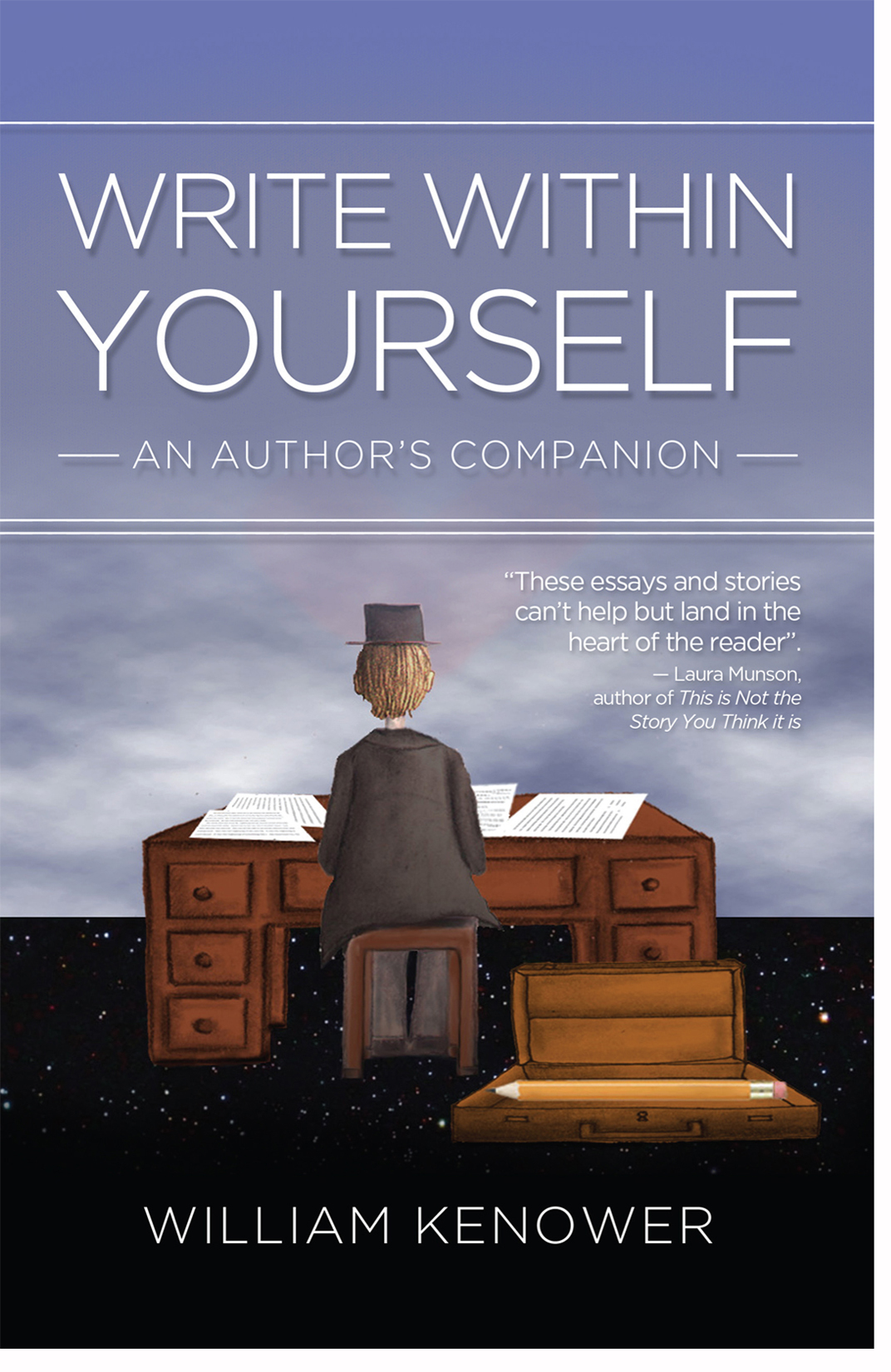Writing and Limitless Intelligence
I used to think of a person’s intelligence like a computer. Just as some computers have bigger hard drives and faster processors and more RAM than other computers, so too some people’s brains, the supposed source of our intelligence, were faster and had more storage and were more nimble than other brains. I didn’t particularly like this view of intelligence, and ultimately, of what it is to be human, but the evidence suggested it was so. Some people certainly knew more stuff than other people, and some people seemed to understand things more quickly than other people. While I believed this, I sometimes wondered where my brain ranked in the hierarchy of brains. I figured mine wasn’t the very best brain, nor was it near the bottom. I never could decide where I landed. I found the question of how smart I was too depressing to dwell on. The answer would inevitably mean I was limited in some way, just like some computers simply can’t run certain applications. There were far better questions on which to dwell, like, “What story would I like to tell?” and, “What’s the best way to tell it?” I could always answer these questions, and so I became a writer.
By and by I became interested in what you might call the physics of writing. Not the order of words on the page, but the means by which the ideas arrived that those words hoped to convey. My experience of the creative process, even alone at my desk, was collaborative. I asked questions, and then I listened for the answer. It would be inaccurate to say I made the answers to my questions. In fact, I was often surprised by the answers. This was what made the writing so enjoyable.
I have since revised my view of intelligence. Intelligence is like the Internet, and my imagination is like Google. I can ask it any question I like and receive an answer. Unlike the Internet, which is a vast warehouse of information, Intelligence is an infinite source of new thought. And yes, just like the Internet, everyone is connected via their imagination to the same Intelligence. Whoever you are, you have direct access to the same source of creativity and thought and ideas as Emily Dickenson and Albert Einstein.
Of course, I can’t prove this by any scientific method, but that’s okay. I find it more practical than the other view of intelligence. I don’t really want to be better than anybody else; I just don’t want to be worse. To be worse is to be limited by something other than my own unique curiosity. I have yet to actually encounter that limitation. As long as I am interested in the question I’m asking, an answer always arrives. And the answers, I’ve noticed, always beg more questions. This is how a story gets written, and this is how a life gets led.
I wouldn’t know how else to write a story or lead my life. My right answer and your right answer would not be the same. I wouldn’t know what path to follow other than my curiosity. In fact, I sometimes feel as if the only thing I know for sure is what I’m most interested in at this very moment. What I’m most interested in is what’s directly in front of me. I have known no greater pleasure than giving what I’m most interested in my full attention. All at once, life makes complete sense, for the only question that matters is the one I’m asking now.
Write Within Yourself: An Author's Companion.
"A book to keep nearby whenever your writer's spirit needs feeding." Deb Caletti.
You can find Bill at: williamkenower.com


